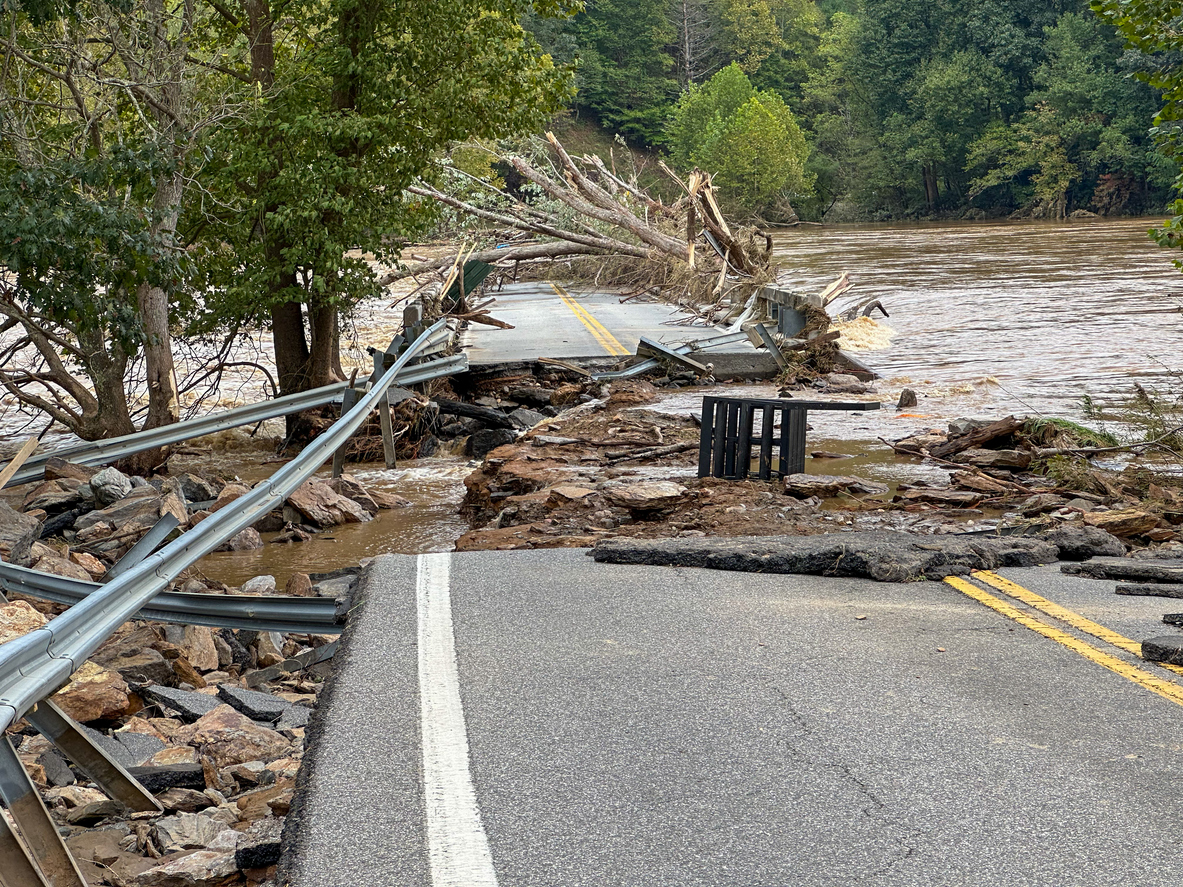From farmers markets and festivals to parades and races, special events draw crowds and bring communities together but also bring an increased risk of liability to your public entity. Here are a few important actions a risk manager should consider taking to help mitigate risks related to hosting special events.
Contracts and Certificates of Insurance
Every special event held within a city or town should require a contract. Be it with vendors supplying services or with a third-party sponsoring an event, a public entity must pay very close attention to the contracts it enters in and creates. In the past, these contracts were ‘easy,’ only one or two pages, but today, contracts have become lengthy and convoluted, with easily missed clauses and addendums. Furthermore, collect a certificate of insurance from all vendors or event hosts including but not limited to the contractors, food and beverage vendors, amusement ride vendors and performers. A certificate of insurance is a document which details the type, dates and limits of the insurance coverage. If possible, it would be even more beneficial to have an additional insured under the vendors’ or hosts’ insurance policy.
Set the Rules
Before an event, it is important all parties involved understand and agree to the rules. In addition to a certificate of insurance, you should also obtain a hold harmless agreement from the event organizer, as well as from volunteers, participants and vendors. A hold harmless is vital to protect your public entity from liability for specific damages, losses or expenses listed in the agreement as well as any post-event expectations. Any agreement you develop or change in your existing process should be reviewed by your legal counsel.
If you’re allowing an outside organization to host the event in or at your public entity, your entity should provide that organization with facility usage rules. These rules establish what is allowed in or on your property, including but not limited to fees for use, alcohol, damages incurred and insurance provided. As with all risk management efforts, work with your management and legal team to construct rules unique to your public entity.
Collaborate Within
All departments within a public entity should be aware of the event and provide their unique expertise to facilitate a safe and successful event. Be sure to include:
- Public Works: The public works department can assist your entity with barricading streets for closure, providing additional electrical assistance, erecting signs, trash removal and tent installation and removal.
- Law Enforcement: Local law enforcement officers should be used for traffic and crowd patrol.
- Fire Department/Marshal: The local fire department can provide assistance in determining emergency vehicle routes, medical services and first aid kits, as well as be on hand to ensure fireworks are used safely.
Grounds Safety
Before the start of any event, ensure power cables across walkways are laid flat and covered to prevent tripping hazards. Also, check that tent stakes are marked and sharp edges are covered. In addition, there should be enough trash cans and portable bathrooms in locations that are easily accessible to the public.
Parking Safety
Review the parking areas for slip, trip and fall hazards as well as try to minimize vehicle/pedestrian conflicts. Remove or mark any hazards found and provide parking flaggers to direct the movement and traffic flow. Take steps to prevent criminal activity by trimming shrubs and trees, and by making certain parking areas are well lit. It is especially vital to collaborate with local law enforcement to patrol the premises regularly.
Hosting a special event is exciting, but failure to fully prepare can be costly. Consult with your legal team and insurance agent to confirm that you’re equipped to handle any circumstances that could arise during a special event in your community that might jeopardize your public entity. You might even consider a TULIP (Tenant Users Liability Insurance Policy) which is designed to provide a low-cost, short-term general liability insurance coverage for tenant users of venues or facilities and is a simple way to protect both the user and your entity.

By: Bradley York
President, OneBeacon Government Risks
Summary of Qualififcations
Brad has worked more than 25 years in the insurance industry, almost exclusively in the public sector. Prior to joining OneBeacon in 2007, Brad spent 14 years in the public entity division of a national carrier in increasingly responsible regional and national roles. Brad is actively involved in developing coverage forms and products, monitoring trends for public entities and managing agent relationships. He also has extensive experience in public entity legal issues and claims management. Brad holds a Master of Business and has achieved the AIC and SCLA designations.



